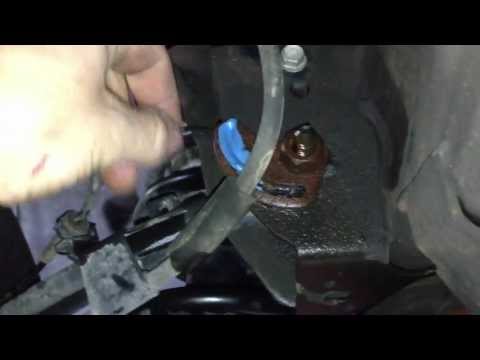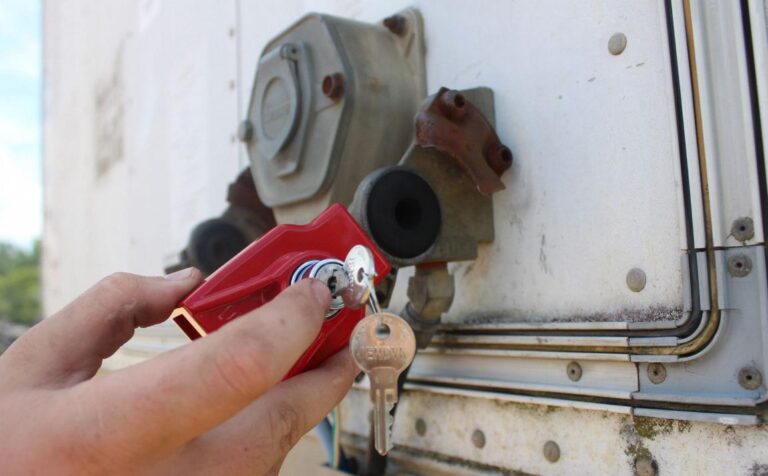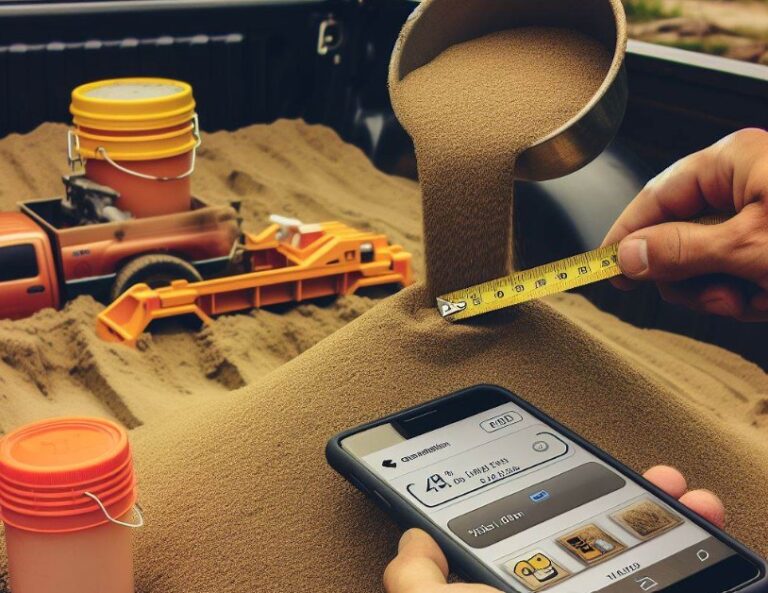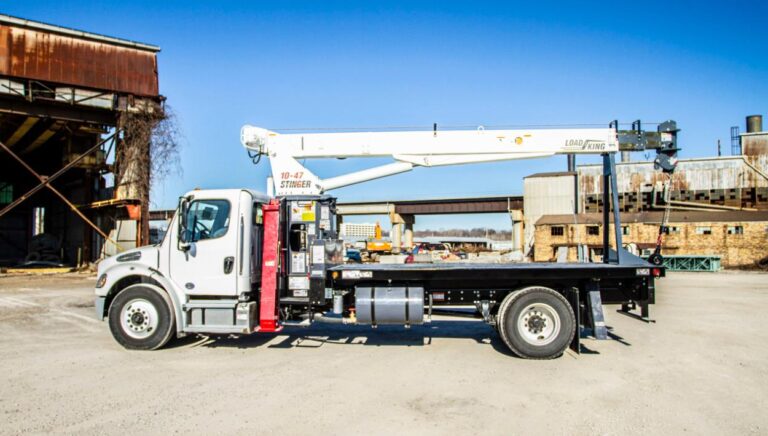How To Adjust Camber On Chevy Truck? 7 Easy Steps
Are you looking for How To Adjust Camber On Chevy Truck? Adjusting the camber on a Chevy Truck is a crucial aspect of vehicle maintenance that ensures optimal tire wear and vehicle performance. This article offers a comprehensive guide on how to effectively adjust the camber on your Chevy Truck, with detailed steps, necessary tools, and helpful tips for a successful adjustment.
Key Takeaways
- Understanding the basics of camber adjustment on a Chevy truck.
- A step-by-step guide to adjusting camber.
- Tools required for camber adjustment.
- Common challenges and solutions in camber adjustment.
- Importance of regular camber checks for vehicle maintenance.
How To Adjust Camber On Chevy Truck?
Adjusting the camber on a Chevy Truck involves a series of steps that require precision and care. Here’s a detailed breakdown of the process:
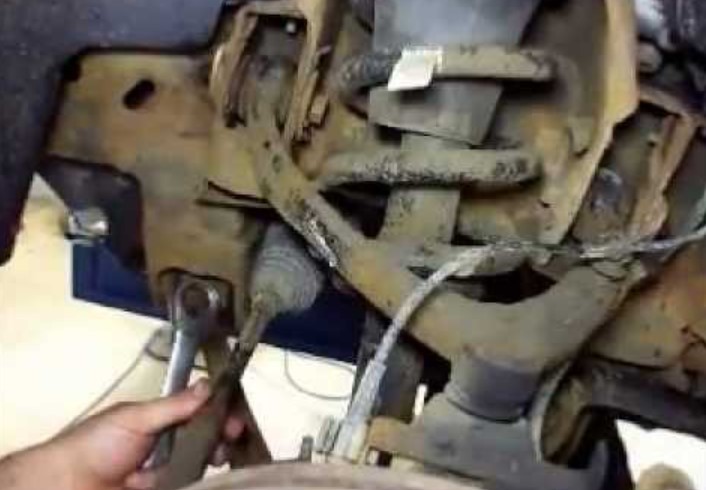
1. Preparation and Safety
- Park on a Level Surface: Ensure the truck is parked on a flat, level surface to get accurate measurements and adjustments.
- Engage the Parking Brake: This prevents the truck from rolling while you work.
- Loosen Lug Nuts (if necessary): If the adjustment requires wheel removal, loosen the lug nuts slightly while the truck is still on the ground.
- Lift the Truck: Use a hydraulic jack to lift the truck and then secure it with jack stands for safety.
2. Measuring Current Camber
- Install Camber Gauge: Attach a camber gauge to the wheel according to the manufacturer’s instructions. This tool will show the current camber angle.
- Record Baseline Measurements: Note the initial camber readings. This is crucial for understanding how much adjustment is needed.
3. Accessing the Suspension Components
- Remove the Wheel (if necessary): This provides better access to the suspension components involved in camber adjustment.
4. Adjusting the Camber
- Identify Adjustment Points: Locate the camber adjustment points. On many Chevy trucks, these are on the upper control arm or through camber bolts.
- Loosen Adjustment Bolts: Using the appropriate wrench, loosen the bolts that secure the control arm or the camber adjustment bolts.
- Adjusting Camber Angle:
- For positive camber adjustment (wheel tilting away from the vehicle), move the top of the wheel outward.
- For negative camber adjustment (wheel tilting towards the vehicle), move the top of the wheel inward.
- This is typically done by rotating the camber bolts or adjusting the position of the control arm.
- Re-tighten Bolts: Once the desired angle is achieved, re-tighten the bolts to the manufacturer’s specified torque.
5. Verify Camber Adjustment
- Reattach Camber Gauge: With the adjustment made, reattach the camber gauge to check the new camber angle.
- Ensure Accuracy: Make sure the camber is within the specifications set by the manufacturer. Adjust further if necessary.
6. Reassemble and Test Drive
- Reattach the Wheel (if removed): Put the wheel back on and tighten the lug nuts.
- Lower the Truck: Carefully lower the truck off the jack stands using the hydraulic jack.
- Tighten Lug Nuts (if they were loosened): Tighten the lug nuts to the specified torque with the truck on the ground.
- Test Drive: Take the truck for a short test drive to ensure that the handling feels correct.
- Recheck Camber: After the test drive, recheck the camber to ensure it has remained at the desired setting.
7. Professional Wheel Alignment
- Seek Professional Alignment: After adjusting the camber, it is highly recommended to have a professional wheel alignment done. This ensures that all alignment parameters (camber, toe, and caster) are within specification.
Understanding Camber and Its Importance
Camber is the tilt of your vehicle’s wheels, and it greatly impacts the handling and tire wear of your Chevy truck. There are two types of camber: positive and negative.
Positive camber means the top of the wheel is tilting away from the vehicle, while negative camber is when the top tilts towards the vehicle. Correct camber adjustment ensures even tire wear, improved handling, and better fuel efficiency.
The Role of Camber in Vehicle Dynamics
Camber plays a pivotal role in your Chevy truck’s dynamics. It affects the tire’s contact with the road, steering response, and overall stability. Proper camber settings can enhance cornering performance and reduce tire wear.
Tools Required for Camber Adjustment
To adjust the camber on your Chevy truck, you’ll need specific tools. These include a camber gauge, a wrench set, and a jack with jack stands. Ensure that these tools are readily available and in good condition before starting the adjustment process.
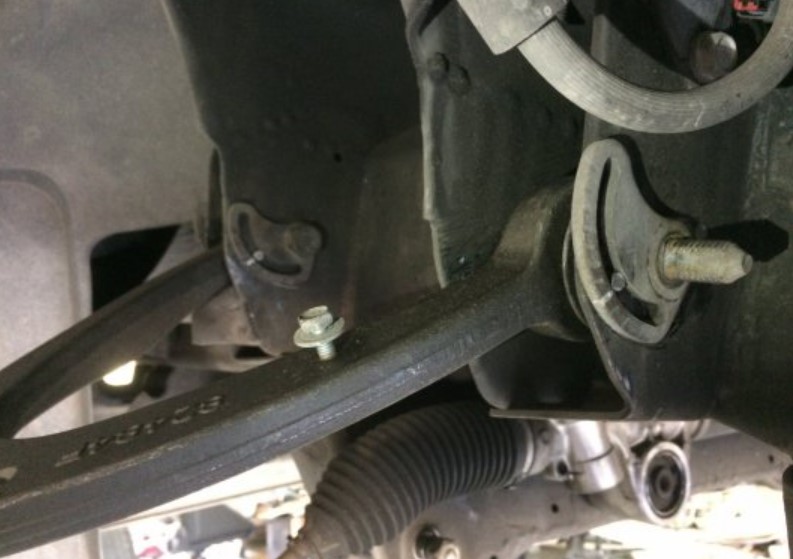
Preparing Your Vehicle for Adjustment
Before adjusting the camber, it’s important to prepare your vehicle. Park on a level surface and engage the parking brake. Use the jack to lift the vehicle and secure it with jack stands. This provides safety and better access to the suspension components.
Aligning for Optimal Performance
After adjusting the camber, it’s important to check the overall wheel alignment. This ensures that all adjustments work harmoniously for optimal vehicle performance.
Importance of Regular Alignment Checks
Regularly checking and adjusting your truck’s alignment, including camber, is essential for maintaining its health and performance. It prevents uneven tire wear, improves handling, and can even enhance fuel efficiency.
Troubleshooting Camber Adjustment Issues
You might encounter challenges while adjusting the camber on your Chevy truck. Common issues include seized bolts or misalignment after adjustment. Applying penetrating oil can help with seized bolts, and double-checking your adjustments can resolve alignment issues.
Expert Tips for Precise Adjustment
For precise camber adjustment, it’s advisable to consult the vehicle’s manual for specific guidelines. Also, consider seeking assistance from a professional mechanic if you encounter persistent issues.
What Causes Camber To Be Out Of Alignment?
Camber misalignment in vehicles, particularly in Chevy trucks, can be caused by several factors. One common cause is the normal wear and tear of suspension components.
Over time, parts like ball joints, control arm bushings, and wheel bearings can wear out, leading to changes in the camber angle. Another significant cause is impact damage.
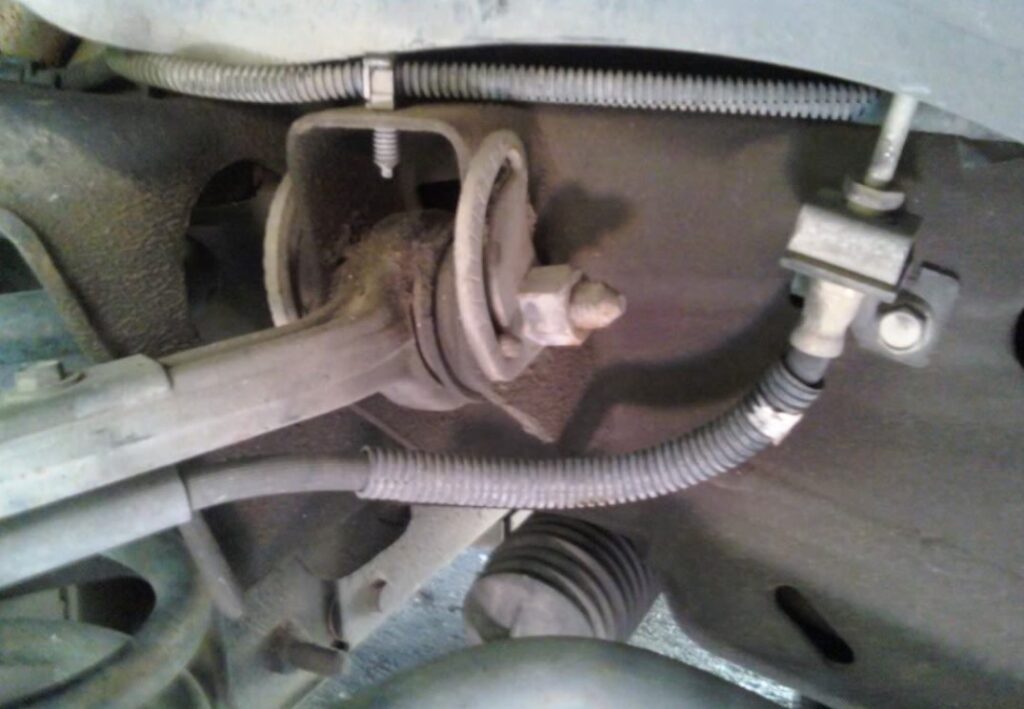
Hitting potholes, or curbs, or being involved in accidents can bend or shift suspension components, resulting in camber misalignment. Lastly, modifications or changes to the vehicle’s suspension, like installing lift kits or lowering the vehicle, can also affect camber settings.
How Do Mechanics Adjust Camber?
Mechanics adjust camber on Chevy trucks by first assessing the current camber angle using alignment equipment. The process involves loosening specific suspension components, such as the control arms or strut mounts.
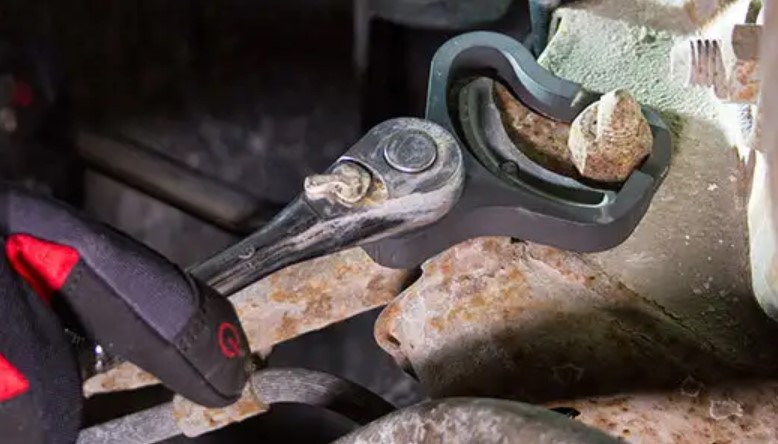
For vehicles with adjustable camber, the mechanic will turn the camber bolts or adjust the suspension mounts to achieve the desired angle. In cases where the vehicle doesn’t have factory camber adjustments, aftermarket kits may be installed to allow for camber modification.
Once the adjustments are made, the mechanic will tighten the components back into place and recheck the alignment to ensure that the camber is set to the manufacturer’s specifications.
Can Camber Be Fixed?
Yes, camber misalignment can be fixed in most cases. For vehicles with adjustable suspension components, such as many Chevy trucks, camber can be corrected by making adjustments to the existing hardware.
In situations where the suspension is not adjustable or if the misalignment is due to damaged parts, replacement of the affected components or installation of aftermarket camber adjustment kits may be necessary.
It’s crucial to address camber issues promptly as incorrect camber can lead to uneven tire wear and can negatively impact vehicle handling and safety.
Conclusion
Adjusting the camber on your Chevy truck is a vital part of vehicle maintenance. It enhances the driving experience, ensures safety, and prolongs tire life. By following this guide, you can effectively adjust the camber on your Chevy truck, ensuring it performs at its best. Remember, regular checks and adjustments are key to maintaining your vehicle’s optimal performance.
Top FAQ’s
What Should I Do If I Can’t Adjust the Camber Correctly?
If you’re struggling to adjust the camber correctly, it’s recommended to seek assistance from a professional mechanic. Incorrect camber adjustment can lead to further issues with tire wear and handling.
Is It Possible to Adjust Camber on All Chevy Trucks?
Most Chevy Trucks allow for camber adjustment, but the method can vary depending on the model and year. It’s important to consult your vehicle’s manual or a professional for model-specific information.
Can Camber Adjustment Affect My Truck’s Alignment?
Yes, adjusting the camber can affect overall wheel alignment. It’s important to perform a complete alignment check after adjusting the camber to ensure all angles are correctly set for optimal performance and tire wear.

Matt Rex brings 12 years of specialized automotive expertise, holding a professional degree in Automotive Engineering Technology. As the founder of Turbochaos, he delivers comprehensive diagnostic services, performance optimization, and fleet maintenance solutions, backed by advanced certifications in hybrid/electric systems and ADAS technology. Its innovative methodologies have earned industry recognition while maintaining a 98% customer satisfaction rate.

